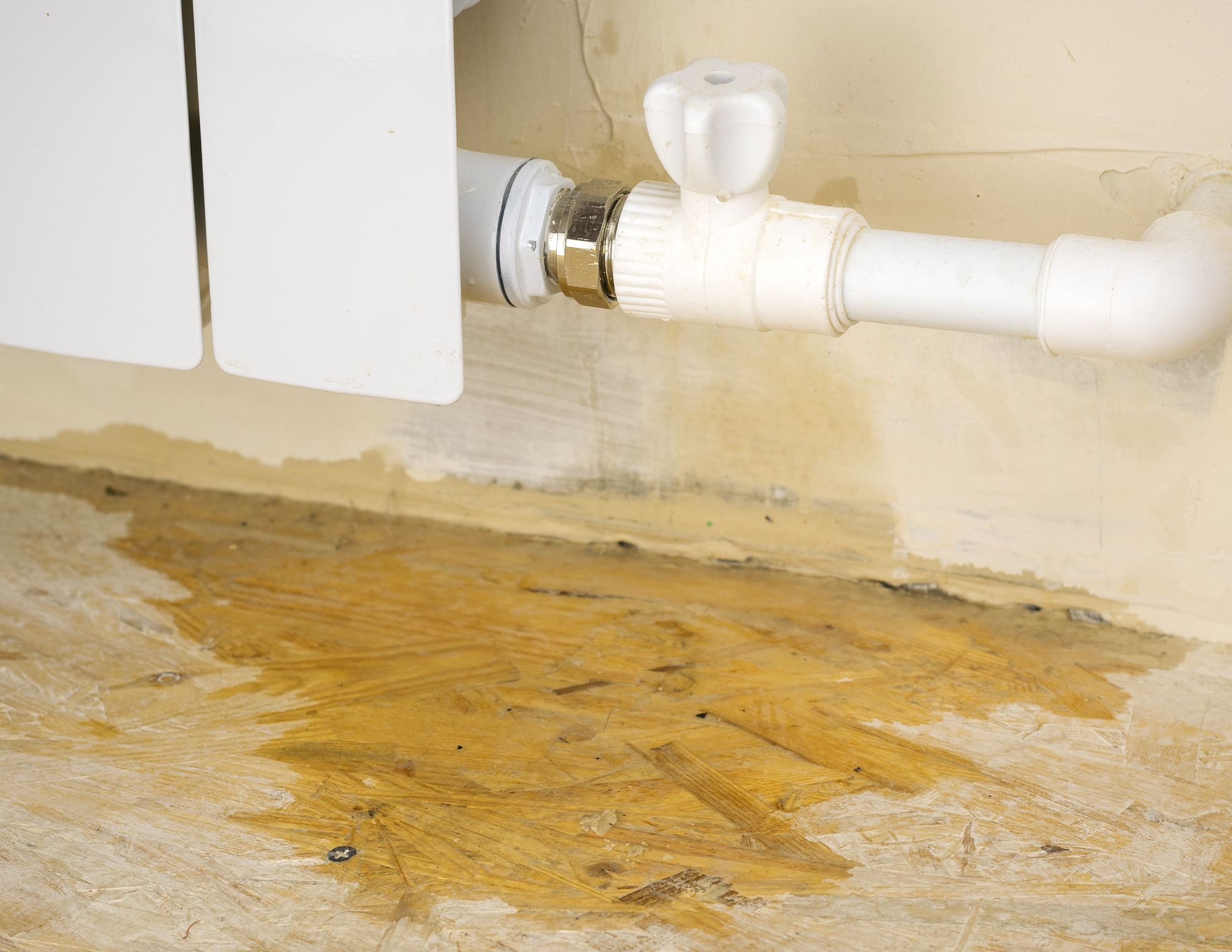Identify Major Factors for Leak Problems Within Your Home
Identify Major Factors for Leak Problems Within Your Home
Blog Article
Just how do you actually feel in relation to How to detect water leaks in your home?

Leakages not just trigger waste of water yet can likewise trigger unnecessary damage to your home as well as promote unwanted organic growth. Unfortunately, water leaks could go unnoticed given that the majority of the pipework in our residence is hidden. By understanding and looking for day-to-day scenarios that cause leaks, you can safeguard your house from future leaks as well as unnecessary damage. Today, we will look at 6 leakage creates that may be creating your pipes to leak.
Instantaneous temperature modifications.
Severe temperature level adjustments in our pipes can create them to increase and also acquire unexpectedly. This growth and contraction might cause cracks in the pipelines, particularly if the temperature level are listed below freezing.
Rusty water supply
This may be the reason of staining or warping on your water pipes. If our plumbing system is old, consider changing the pipes given that they are at a higher danger of corrosion than the more recent designs.
Defective Pipeline Joints
The point at which your pipelines attach is often the weakest web link in the waterline. Pipeline joints can weaken in time, causing water leakages. The majority of pipe joints are not easily noticeable. If you have loud pipes that make ticking or banging sounds, particularly when the hot water is activated, your pipe joints are probably under a lot of pressure. It is suggested to have your plumber inspect your system yearly.
Elbowing in roots
The majority of water leaks start outside your home as opposed to inside it. If you discover a sudden reduction in water stress, claim in your tap, take time to go out as well as analyze your backyard. You might discover wet patches or sinkholes in your yard, which might mean that tree origins are invading water lines causing water to leak out. You can have your plumber look for intrusion, especially if you have trees or bushes near your property.
Poor Water Connectors
At times, a leakage can be caused by loose hoses as well as pipes that supply your home appliances. Usually, moving is what creates the loosened water Links. You could find in the case of a cleaning device, a tube might spring a leakage as a result of shaking during the spin cycle. In case of a water links leak, you might observe water running straight from the supply line or puddles around your devices.
Blocked Drains
Blocked drains may be annoying and inconveniencing, but they can occasionally wind up causing an overflow leading to break pipes. Maintain removing any type of materials that may go down your drains that could clog them to prevent such troubles.
All the above are sources of leaks yet not all water leaks arise from plumbing leakages; some leaks might originate from roof leakages. All leaks need to be fixed right away to avoid water damage.
Leakages not only create waste of water yet can additionally cause unneeded damage to your residence and advertise unwanted organic development. By looking as well as comprehending for day-to-day circumstances that trigger leakages, you can secure your home from future leaks as well as unneeded damages. Today, we will certainly look at six leakage creates that might be creating your pipelines to leak.
At times, a leakage can be triggered by loose hose pipes and pipelines that provide your home appliances. In situation of a water connections leak, you might see water running straight from the supply line or puddles around your home appliances.
How To Check For Water Leak In Your Home
How To Check for Leaks
The average household's leaks can account for nearly 10,000 gallons of water wasted every year and ten percent of homes have leaks that waste 90 gallons or more per day. Common types of leaks found in the home are worn toilet flappers, dripping faucets, and other leaking valves. These types of leaks are often easy to fix, requiring only a few tools and hardware that can pay for themselves in water savings. Fixing easily corrected household water leaks can save homeowners about 10 percent on their water bills.
To check for leaks in your home, you first need to determine whether you're wasting water and then identify the source of the leak. Here are some tips for finding leaks:
Take a look at your water usage during a colder month, such as January or February. If a family of four exceeds 12,000 gallons per month, there are serious leaks.
Check your water meter before and after a two-hour period when no water is being used. If the meter changes at all, you probably have a leak.
Identify toilet leaks by placing a drop of food coloring in the toilet tank. If any color shows up in the bowl after 10 minutes, you have a leak. (Be sure to flush immediately after the experiment to avoid staining the tank.)
Examine faucet gaskets and pipe fittings for any water on the outside of the pipe to check for surface leaks.
Undetected water leaks can happen without the home or business owner even realizing. If you suspect a water leak, but not able to find the source. It is time to contact a professional water leak detection service, The Leak Doctor.
How To Find a Water Leak In Your Home
https://www.leakdoctor.com/blog/How-To-Check-For-Water-Leak-In-Your-Home_AE197.html

As an avid person who reads about How to detect water leaks in your home, I think sharing that piece of content was important. Those who appreciated our blog post if you please do not forget to pass it around. Thanks a lot for taking the time to read it.
Call now! Report this page